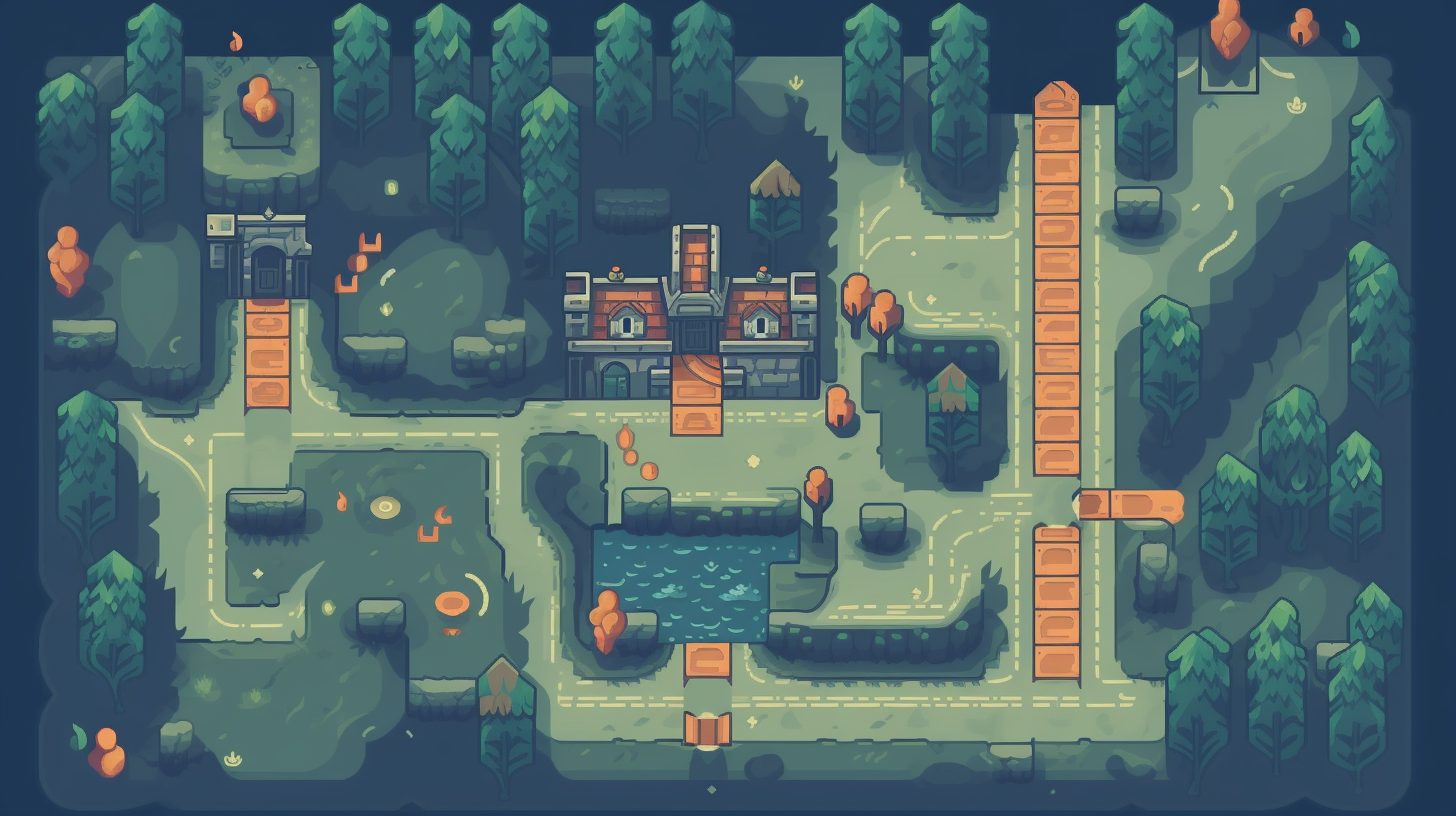Have you ever dreamed of starting your own game development studio? It’s an exciting prospect, but it’s essential to be well-prepared and understand the various aspects involved in launching a successful studio. In this guide, we’ll walk you through the essential steps to start your own game development studio, from planning and team building to funding and marketing.
Step 1: Define Your Vision and Goals
Before you start building your game development studio, it’s crucial to define your vision and goals. What types of games do you want to create? What is your target audience? Having a clear direction and focus will help guide your decisions throughout the process and increase the likelihood of success.
Consider creating a mission statement and a set of core values that reflect your studio’s purpose and culture. This foundation will help you make decisions that align with your long-term vision and create a cohesive brand identity.
Step 2: Choose Your Business Structure
Next, you’ll need to choose a business structure for your game development studio. The most common types of business structures for game development studios are sole proprietorships, partnerships, limited liability companies (LLCs), and corporations. Each structure has its pros and cons in terms of liability, taxation, and administrative complexity. It’s essential to research and choose the structure that best suits your needs and consult with a legal or financial professional if necessary.
Once you’ve chosen a business structure, register your business with the appropriate government agency, obtain any necessary licenses or permits, and apply for an Employer Identification Number (EIN) if needed.
Step 3: Assemble Your Team
Developing a game requires a variety of skills, including programming, art, design, sound, and more. While it’s possible to create a game as a solo developer, assembling a team with diverse skills and expertise can lead to more polished and successful projects.
When building your team, consider the following roles:
- Game designers
- Programmers
- Artists
- Sound designers and composers
- Writers and narrative designers
- Producers and project managers
- Quality assurance testers
Networking with other game developers, attending industry events, and joining online communities can help you find potential team members. Remember that building a strong team culture is essential for long-term success, so prioritize communication, collaboration, and a shared vision for your studio.
Step 4: Develop a Business Plan
A business plan is an essential document that outlines your studio’s goals, strategies, target audience, and financial projections. A well-crafted business plan can help you secure funding, attract partners, and guide your studio’s growth.
Your business plan should include the following sections:
- Executive summary
- Company description
- Market analysis
- Organization and management structure
- Product line (your games)
- Marketing and sales strategy
- Funding requirements and financial projections
Take the time to research and refine your business plan, as it will serve as a roadmap for your studio’s success.
Step 5: Secure Funding
Starting a game development studio requires capital for expenses like equipment, software licenses, office space, and employee salaries. There are several ways to fund your studio, including:
- Bootstrapping (using your own savings)
- Loans from friends, family, or financial institutions
- Investments from angel investors or venture capitalists
- Crowdfunding campaigns
- Government grants or industry-specific funding programs
Each funding option has its pros and cons, so research and consider which method is best suited to your studio’s needs and objectives. Having a solid business plan will be crucial in securing the necessary funds.
Step 6: Set Up Your Workspace
Having a dedicated workspace is essential for your game development studio. This could be a home office, a co-working space, or a rented office. When setting up your workspace, consider factors like location, cost, and the equipment and resources your team will need to work effectively.
Ensure your workspace is equipped with computers, software licenses, and other tools needed for game development. Also, consider ergonomics and comfort, as these factors can impact productivity and team morale.
Step 7: Develop Your First Game
With your team, funding, and workspace in place, it’s time to develop your first game. This is an opportunity to showcase your studio’s talent and build a reputation in the industry. Focus on creating a high-quality, engaging game that aligns with your studio’s vision and appeals to your target audience.
During development, utilize project management tools and methodologies to keep your team on track and ensure that milestones are met. Regularly playtest your game, gather feedback, and iterate on your design to create the best possible experience for players.
Step 8: Market and Launch Your Game
Marketing your game is crucial for success. Develop a marketing plan that includes tactics like social media, content marketing, public relations, and partnerships. Build a community around your game and engage with players to generate interest and excitement.
When it’s time to launch your game, choose the appropriate distribution channels, such as digital platforms like Steam or console marketplaces. Monitor sales, reviews, and player feedback to make improvements and updates as needed.
Step 9: Scale and Grow Your Studio
With your first game launched, it’s time to think about the future. Use the lessons learned and the revenue generated from your first game to scale and grow your studio. Continue to develop new games, expand your team, and explore new markets and opportunities.
Remember that success in the game development industry requires persistence, creativity, and adaptability. Stay true to your vision and focus on creating exceptional games that resonate with your audience.
Conclusion
Starting a game development studio is an exciting and challenging endeavor. By following these steps and staying focused on your vision and goals, you’ll be well on your way to building a successful studio and making your mark in the world of game development.







